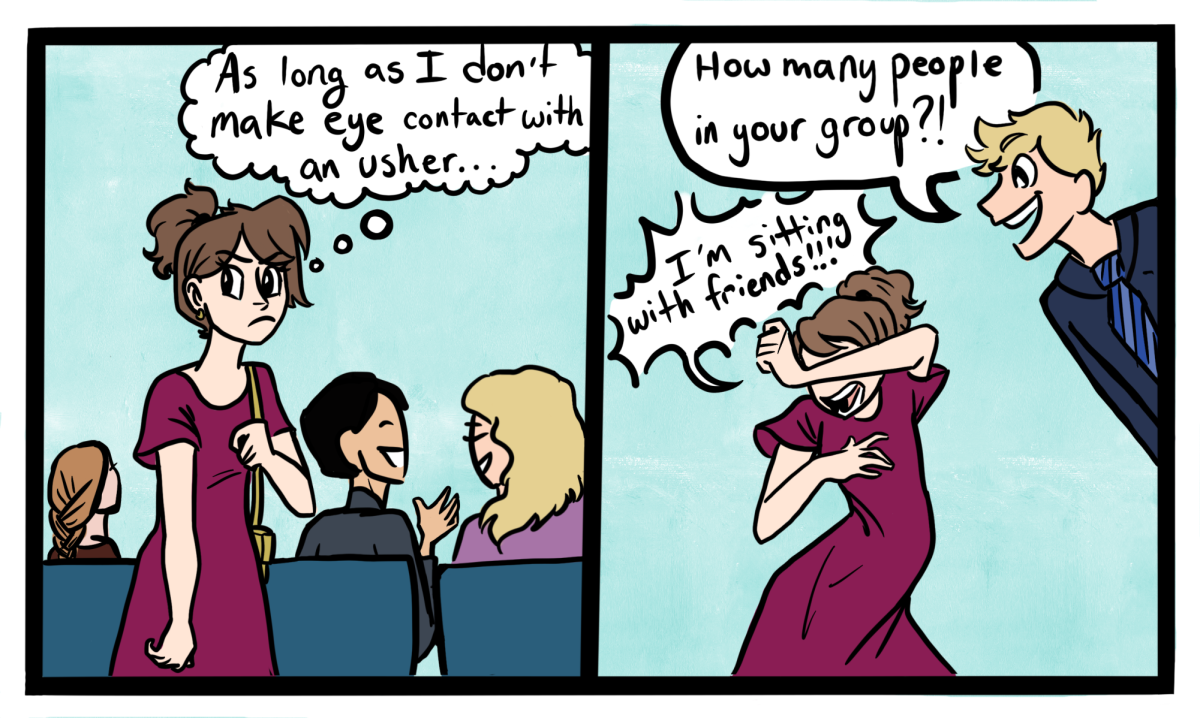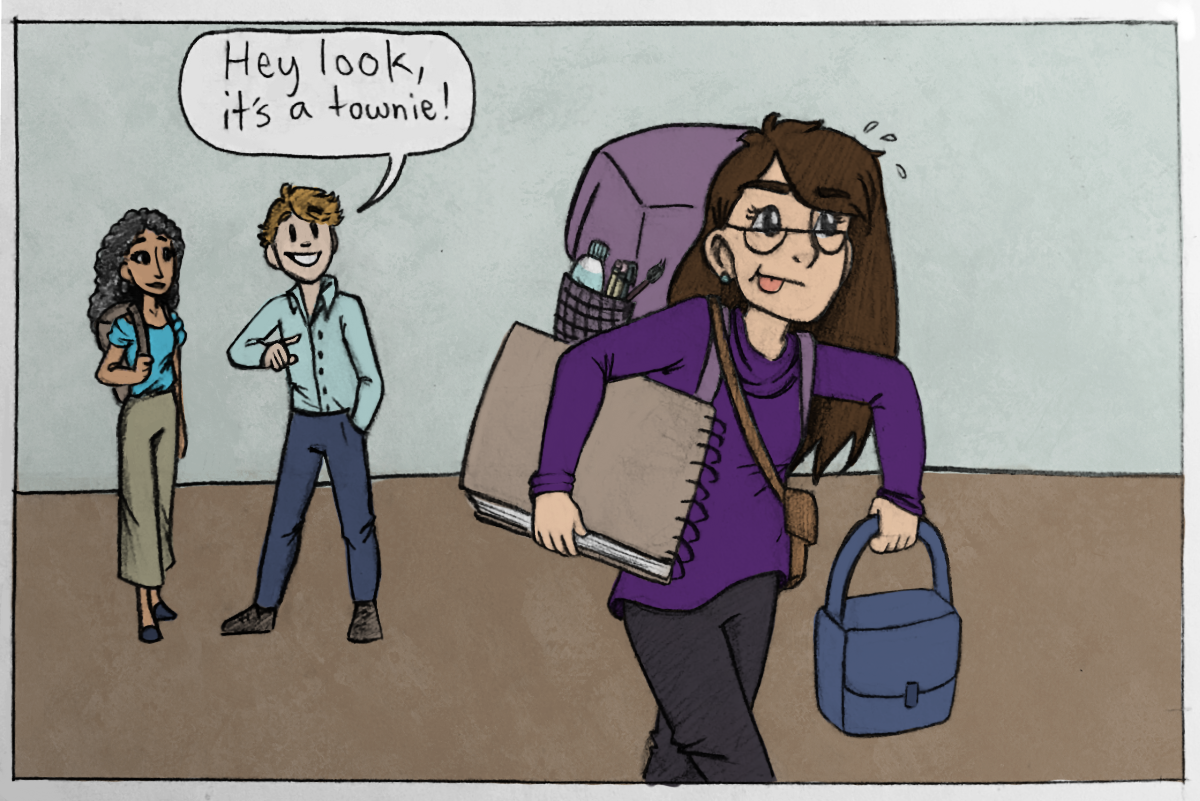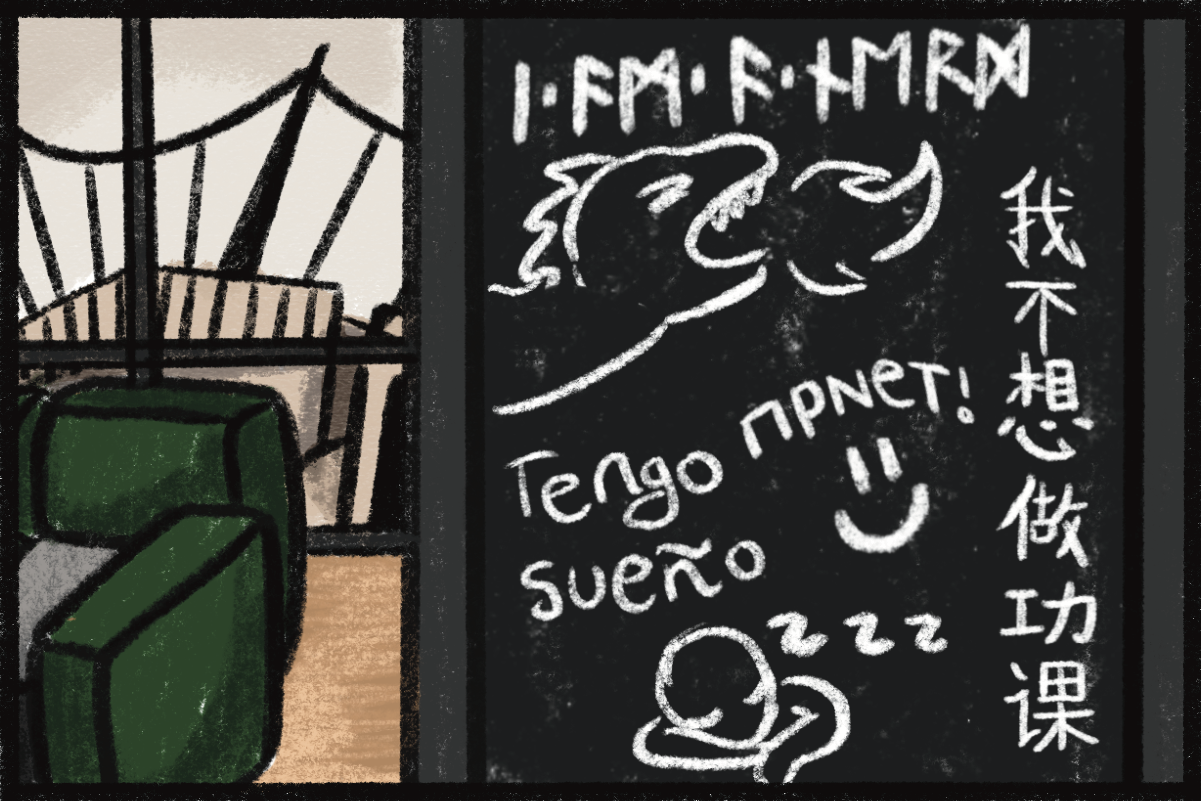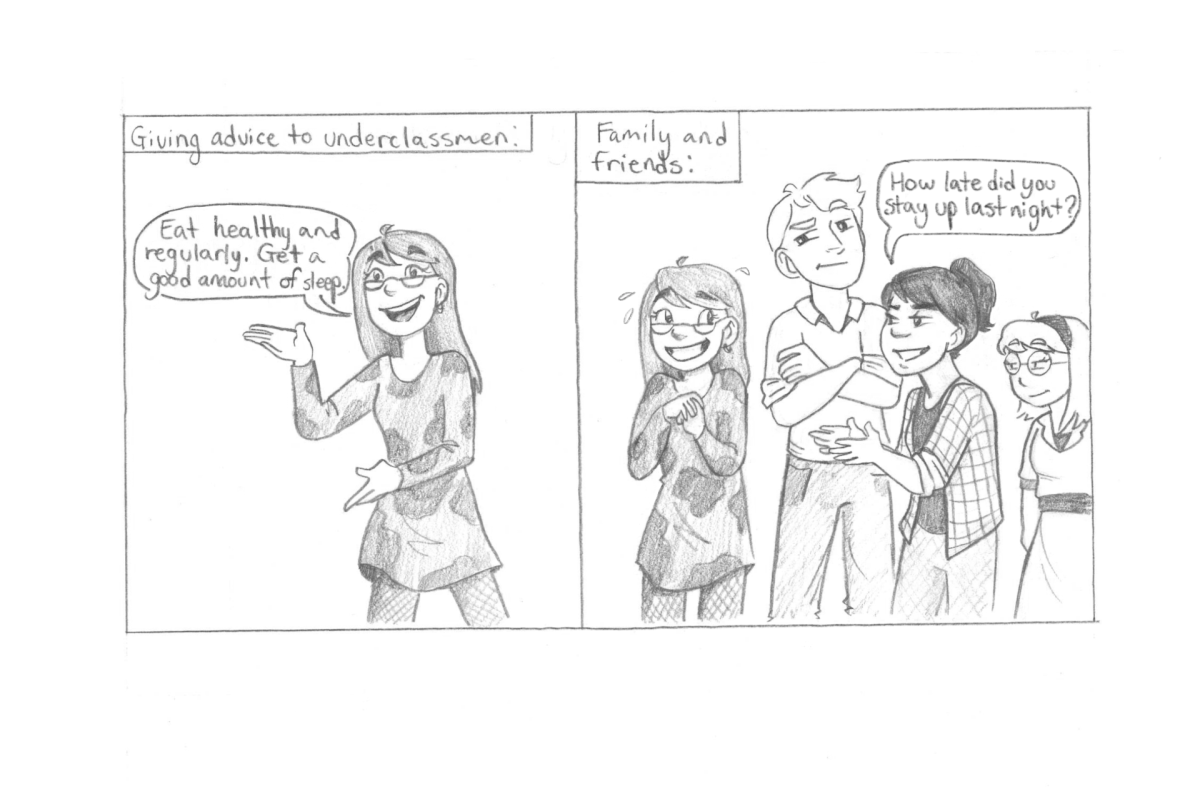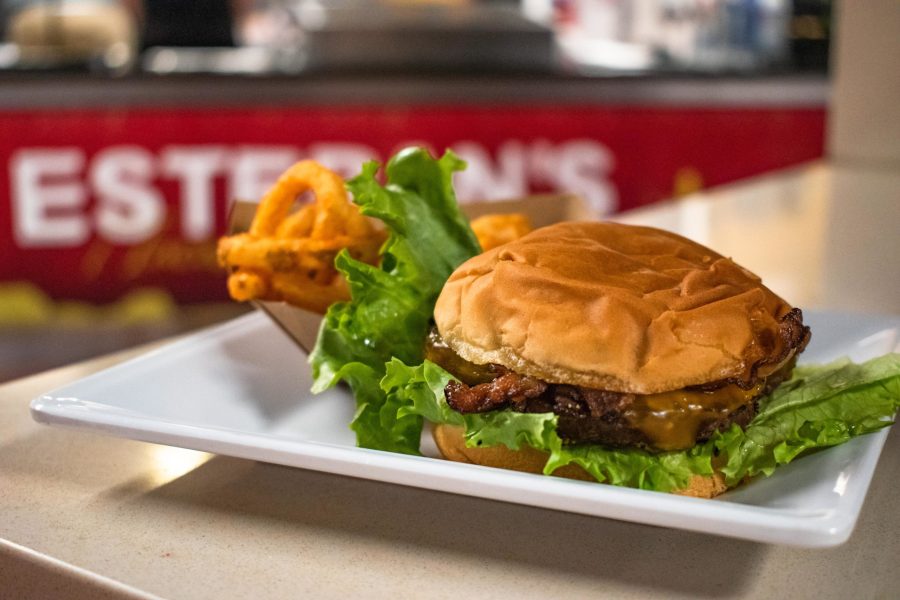Recently in Target, I found an entire journal dedicated to writing down things that annoy you about people.
It was titled “My Pet Peeves: A Journal for Nitpicking the Endlessly Irritating Panoply of Infractions That I and Only I Possess the Authority to Declare and Vilify but That Nonetheless Others Should Just Know Better Than to Commit Because Things Like Grammar and Manners and Hygiene and Turn Signals Were Invented for a Reason, So People Should Get Their Acts Together and Stop Bugging Me Already.”
It was on clearance, so yes, I bought it—mainly because I was impressed by the level of snark in the title, but also out of curiosity. What exactly was this little red journal supposed to accomplish?
After I brought it home and read the introduction more closely, I realized that all it was ever really supposed to accomplish was getting someone like me to chuckle at it and then spend money on it (hello, buyer’s remorse.)
But the idea of having a whole book dedicated to venting wouldn’t leave me alone. Something didn’t seem right.
We all have pet peeves—those little things that for some reason just annoy us beyond human comprehension. Sometimes they are understandable, and sometimes they’re just plain weird.
I know one person who has so many, he gave up referring to them as “pet” peeves and instead just considers it more like owning a whole farm.
Personally, I like finding out about others’ pet peeves.
They are fascinating and unique to each person I talk to. They aren’t something you are taught to dislike, necessarily. They’re just inherently part of who you are.
Also, they’re definitely not something you can predict about someone. This makes figuring them out and finding out why they exist a challenge.
Once I figure out a pet peeve of a new friend, I feel as if I am somehow much closer to understanding who they are and what makes them them.
Now, if all I did was learn that they never squeeze their toothpaste from the middle of the tube, then no, I really didn’t make any friendship breakthroughs.
But finding out that they absolutely hate the use of shorthand lingo would definitely affect how I communicate with them over text.
Like anyone, I have my own list of weird idiosyncrasies: discovering someone else’s nasty, leftover coffee grounds in the sink; hearing mispronunciations like “supposably” or “could care less;” finding books left open in the horrible, why-isn’t-this-illegal, spine-up-pages-flat position; the word “succulent;” and people who give away spoilers to books and movies, to name a few.
To me, though, pet peeves have never been something I thought to get incensed over.
My uncle doesn’t like the sound of cards being shuffled, so I avoid shuffling cards loudly around him.
After learning that a certain phrase annoyed one of my JMC professors, I was careful never to put it in any of my future assignments.
Finding out that leaving the toilet paper roll empty is one of my mom’s biggest pet peeves actually improved our relationship.
By taking one extra minute to replace the roll, I saved both of us quite a bit of frustration and made progress in the whole “transitioning into adulthood” process because she no longer felt she had to consistently remind me to switch them out.
Unlike what that little journal I bought seemed to endorse, venting about all of these perceived infractions shouldn’t be something we allow ourselves to encourage.
Pet peeves shouldn’t hinder us from connecting with people and showing them Christ’s compassion.
Instead of looking at them as a list of offenses others should just know not to commit against us, we should see them as interesting facts to remember and ways to show personalized consideration for the people we care about.






















